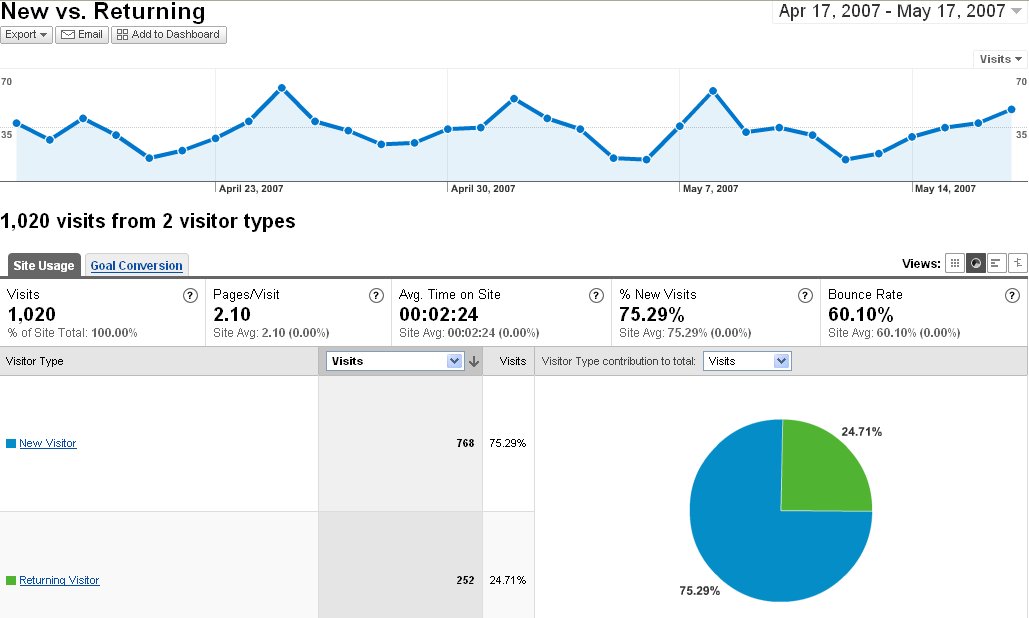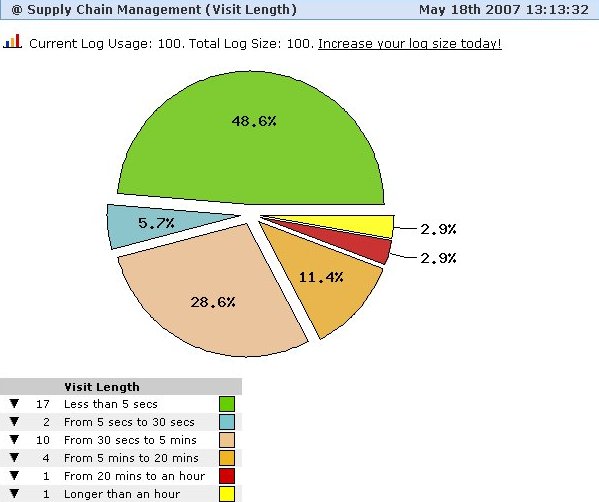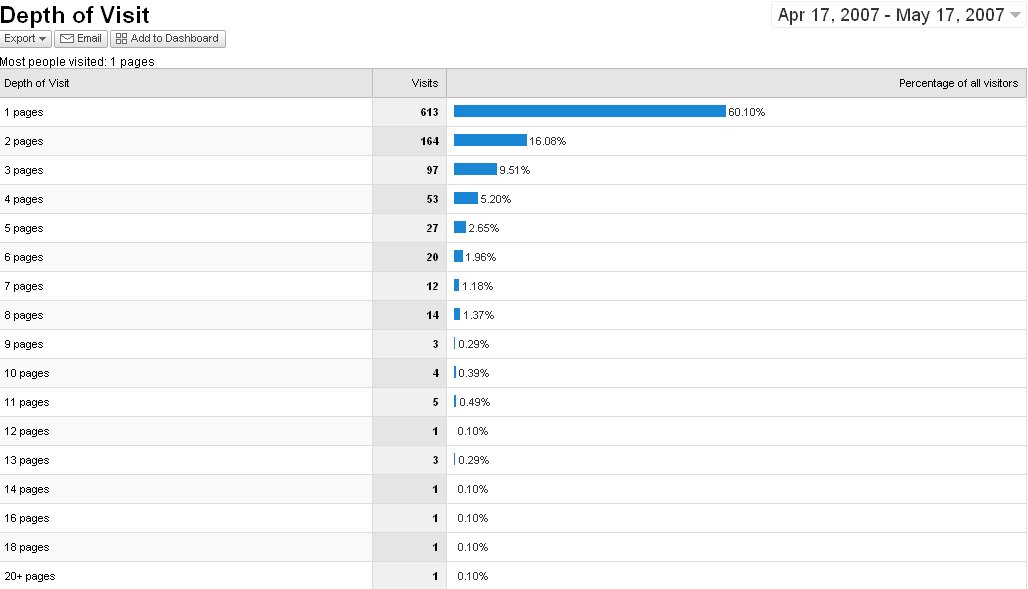May 18, 2007 0
The facts about blogging and collaboration
Given my previous post – Inviting your input – What do you want to see on this blog? and Michael Lamoureux’s (Sourcing Innovation) comment about collaborating on the eSourcing Wiki, I thought that the best thing for me to do is to lay the background against which I was inviting your (my readers) input.
I’ve been blogging at this site for close to a year now, including transitioning from the old Blogger site to this one. It’s been an eventful year to say the least and the question is how do I make it more so. So here are the facts about blogging somewhere deep down the Long Tail or Long tail – the Wiki.
So here are the basic facts about my blogging history as I see it:
1. Blogging is tough. My original goal was to commit about a half hour everyday to blogging but with a 9 month old son around – that is quite a difficult proposition. Right now, I’m lucky to get about an hour a week to blog.
2. Blogging is parasitic – symbiosis has not happened. Yet! I say that blogging is parasitic because if I dig up the number of times I have reviewed news articles or commented/critiqued the hard work of magazine writers and editors, I’d probably find that such parasiticism looms rather large. I have only kind words for the hosts but if the host dies, the parasites do too. Thus the way forward is to create more original content and that will be at the back of my mind going forward.
3. A few words about the visitors (i.e. You) to the blog: The fact of the matter is that you’re entirely a private person while you surf the web but never before has so much information (at an aggregate level) been made available to a publisher of content i.e. me. In a sense, this is what RFID will do for the supply chain as well even given all the privacy concerns out there.
(a) The split between first time visitors and returning visitors:

(b) Distribution of visit lengths:

(c) The average visit time:

(d) The depth of the visit:

Note: These screenshots are from analytics services culled from Google Analytics and Statcounter. I highly recommend these two services to track stuff that happens around your blog or website.
4. Are you planning on making money from blogging? – At least not initially anyway. I’ve always seen blogging as an outlet for my creativity and curiosity and not as a source of revenue. But as you might have seen on my blog (and perhaps even clicked an advertisement), I’ve Google Adsense on my site. I hope to recoup the hosting cost that I’ve paid and that’s pretty much what I hope to cover from those clicks. However, there are quite a few blogs that do make money on a consistent basis but I’m not sure I want to go that way. (If you don’t believe me – take a gander here : How Bloggers make money from Blogs).
5. Post length matters: I’ve no doubts about this. As the above figures illustrate as well as the bounce rates that I experience (roughly 60% – meaning that 60% of the users that land on my site are not finding what they’re looking for), post lengths are important. I know that I tend to be verbose, belaboring things that most people wouldn’t care too much about but its something I plan to improve on – making posts concise and to the point.
I don’t know for sure whether the above represents, comparatively speaking, a good blogger-user community or not but its something that I’m planning to build on. The natural question becomes – what do you build?
Michael Lamoureux made a comment on the previous post that involved contributing to a wiki – any wiki. That’s something I’m going to give serious thought as well because Wiki provides a platform to build on. The other idea is to actually create a platform – something of the order of a WordPress plugin itself that achieves some of that same wiki functionality.
If any of you have a better idea, please feel compelled to share it with me. Then again, I would not want any compulsion to drive away my readers.
Cheers!
Have a great and fruitful weekend!!
Tags: Supply Chain Blogging, Blogging Facts, Blogging & Collaboration, Collaborating on Wiki, Blogging experiences, Analytics